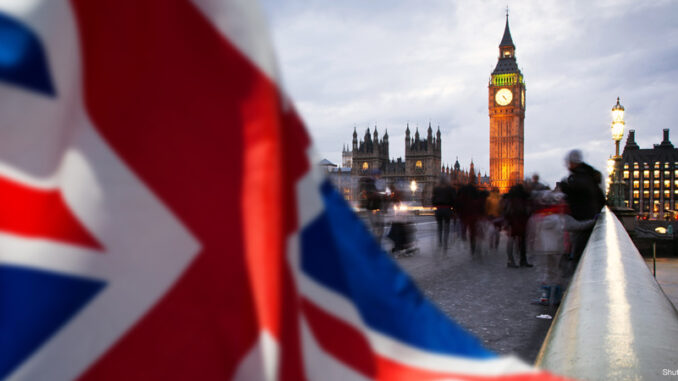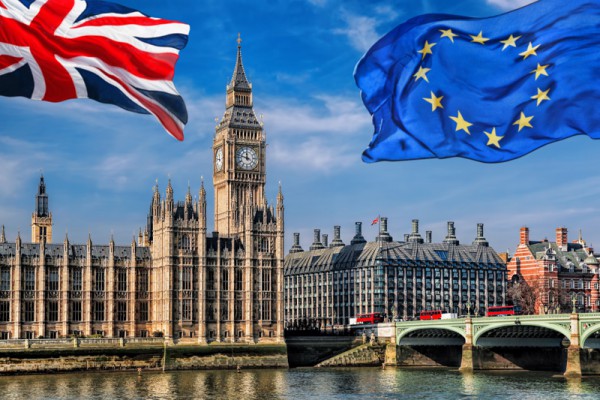
On June 8, the United Kingdom held a general election, with surprising results. Prime Minister Theresa May’s Conservative Party lost 12 seats in the UK’s Parliament, which means they also lost their majority. The Labour Party, on the other hand, gained nearly 30 seats. So what does this mean for Britain, especially with Brexit looming?
What Does This Mean for Theresa May?
In Britain, control of the government is based on which single party (or which coalition of political parties working together) holds the majority of seats in Parliament. Great Britain, unlike the United States, does not group almost all of its elected officials within two major political parties. There are smaller parties that are sometimes needed to form a majority number if the two main British parties can’t claim a parliamentary majority on their own.
May’s Conservative Party (or “Tories”) no longer has the majority. Still, the Tories have managed to form an alliance with the right-wing Democratic Unionist Party (DUP) in Northern Ireland, and with the DUP’s support, can provide enough votes to keep May in office . . . for now.
Ironically, it was May herself who ordered the election in the first place. Even though her party already had a majority, she hoped to dominate the election and gain even more seats in Parliament. Had it worked, there would have been less resistance to the Conservative agenda, including Brexit. That makes her party’s recent defeat even more shocking. Now, the Conservative Party will face even more resistance in Parliament, and will have to rely on the DUP to get its legislation passed.
It is unlikely that Britain will want to change leaders just as Brexit negotiations are beginning. The process will take about two years, after which many experts say it is likely that May will no longer be able to hang on to her position.
What Does This Mean for Brexit?
Before this election, May was pushing for a “hard Brexit.” This meant that Britain would drastically cut back on the number of immigrants it would accept from the European Union (EU), and would also lose its trade deals with the EU. Now, however, a “hard Brexit” is unlikely to have enough support in Parliament to pass.

This means that Theresa May will have to soften her stance, and perhaps meet with European leaders to discuss different options for the future. The bottom line is that whatever version of Brexit passes, it may not be as drastic and disruptive as many in Britain and beyond had feared.
What Does This Mean for the Rest of the World?
In 2016, elections in the Western world followed a trend of conservativism, nationalism, and anti-immigration policies. Examples of this include the election of Donald Trump in the United States, and the approval of the Brexit referendum in Britain.
Are the early trends in 2017 suggesting that this may be reversing? Far-right candidates have been defeated in Austria, the Netherlands, and most recently in France, when Emmanuel Macron beat far-right Marine Le Pen by an overwhelming 31 points. This month’s defeat of Theresa May’s Conservative Party in Britain is the latest example.
It is uncertain whether this left-leaning trend will continue. And perhaps nowhere is this uncertainty greater than in Britain, as the country struggles to figure out what will come next after one of the biggest election upsets in recent history.
